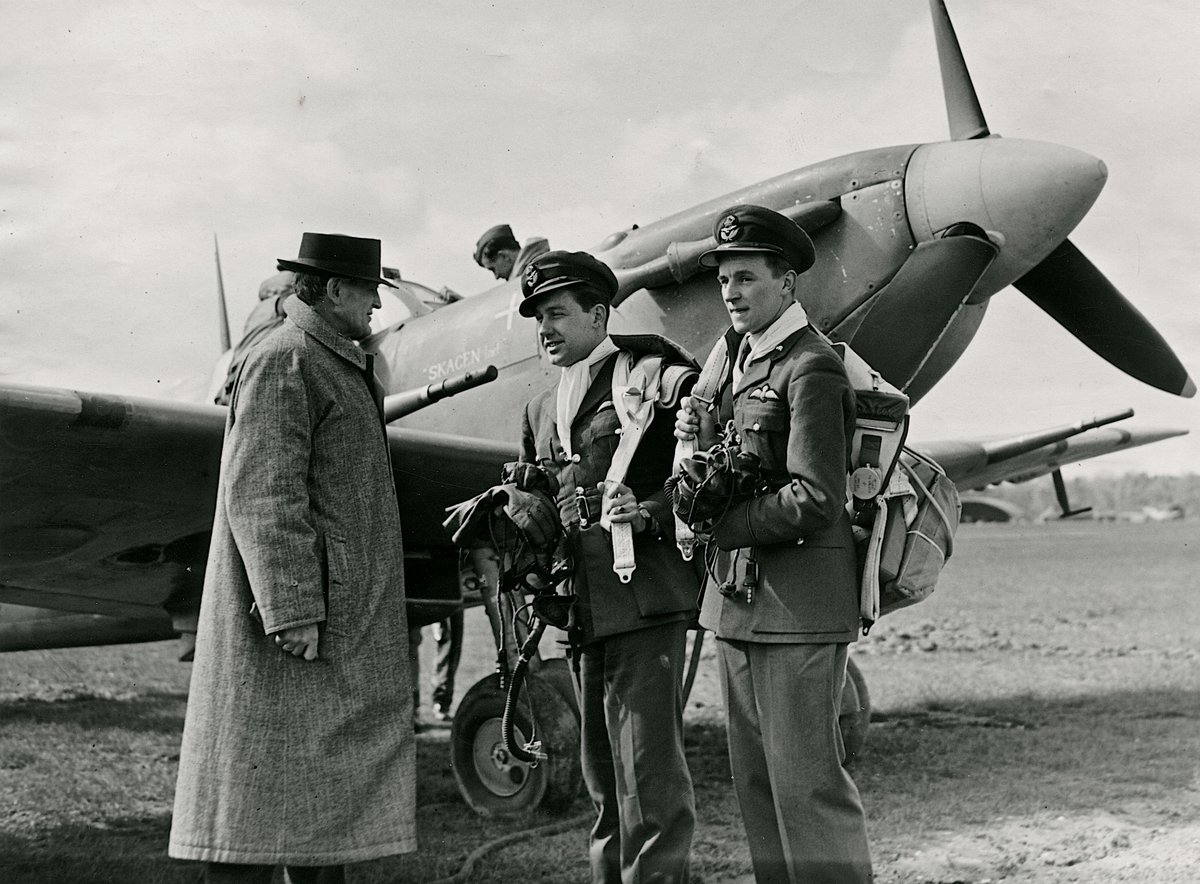During the war, London became the hub for most continental European resistance movements – including the Danish. In contrast to the military and intelligence officers in Stockholm, the Danish London resistance was made up of a heterogeneous group of people who came from all walks of life and did not map on to conventional political or professional dividing lines. This fact is not reflected in existing historiography, which tends to portray the Danish resistance in London as a largely monolithic entity, which had the sole ambition of contributing to the Allied battle against Nazi Germany and rebuilding Danish national honour after the rapid capitulation in April 1940.
While this interpretation fitted perfectly with Cold War narratives in Western societies before 1989, it does not stand up to closer inspection. By reading existing literature against the grain in combination with primary sources, we see how the patriots and daredevils who came together in London ‘to fight for Denmark’ held markedly different views on the tactics, strategies and overall aims of resistance. This project aims to bring out the diverse political, social and emotional world of the London resistance. It will explore who the resistance fighters were, how they practiced resistance, how they struggled over how to define and justify resistance and what – if anything – defined them as a community. It will also map the relations and networks that they built with the SOE and the Foreign Office as well as with the broader Danish exile communities in London and Stockholm.
Postdoctoral researcher, Troels Solgaard Andersen, holds a PhD degree in History from Aarhus University. He is an expert on the history of censorship in Denmark, in particular during the German occupation of Denmark 1940-45. His dissertation, A Cultural State of Emergency from 2023, is an investigation of Danish book censorship and the conduct of internal sovereignty within the Danish government during the German occupation.
